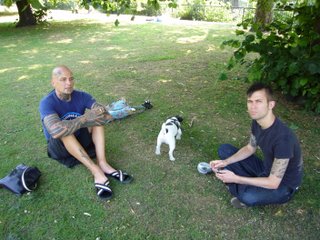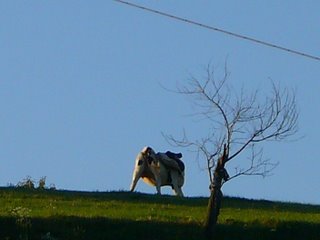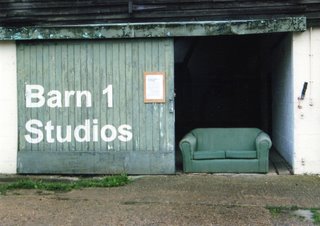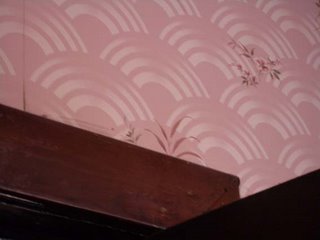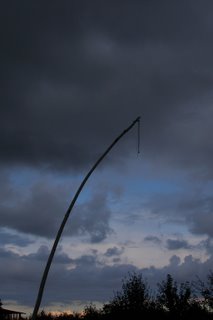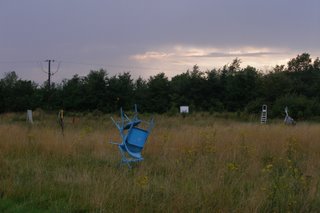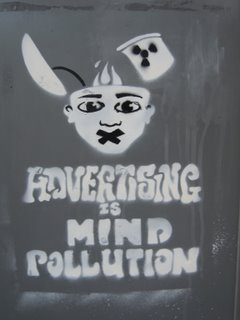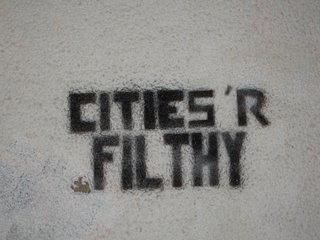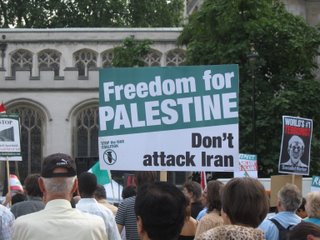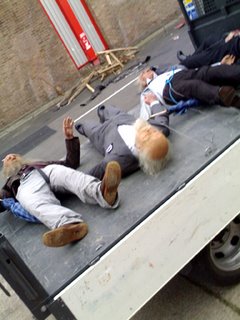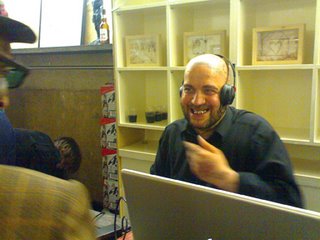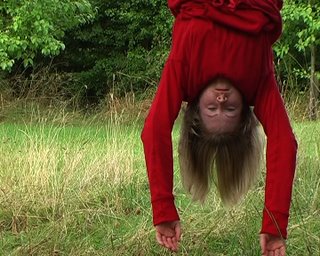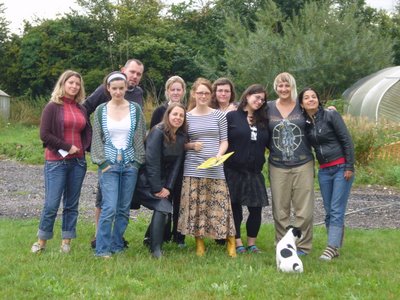Katherine, this is an essay a wrote earlier this year on that body politic course I did. We discussed silence and listening a lot... some of the things you wrote made me think that I' like you to read it, rachel xx
I am silent every day.
How could I not be?
How could silence not be negative/be positive?
Powerful acts of silence I can think of…….
Hunger strikes
The three asylum seekers who I saw in the papers who sewed up their lips in protest against their deportation.
Slow claps
Women accused of witchcraft who in their hundreds held hands and drown themselves together in the sea
When I think of war I am always greeted with the same image…….
Footage taken during the Falklands of young boys, soldiers, boarding the boats to go to war, buying crisps and chocolate as if on a school outing. This makes me think of the silence of ignorance, of naivety, of the people who send children to fight and offer one minute of silence in return.
Though I speak a lot, and make my views known day to day, my actions are silent; I am without action in many ways.
I am ignorant in many ways, aren’t we all?
For all the noise there is, there is still too much silence
And one minute will never be enough.
To think of silence in a social or environmental injustice context……….
The idea of silence has been raised often on this course.
Powerful acts of silence
The silence of inaction
The silencers
To speak of silence you must also consider listening.
Listening to others
Listening to those who are silenced
Listening to yourself
I regularly find myself referencing lines from folk songs; my alternate education. Stories told with emotion, lessons to learn, another view of history, a way to remember battles fought, won and continued.
Peggy Seeger sings the song of choice:
Early in the year the seeds are growing
Unseen, unheard they lie beneath the ground
Would you know before the leaves are showing that with weeds all your garden will abound
If you close your eyes, stop your ears close your mouth how can you know? For seeds you cannot hear may not be there, seeds you cannot see may never grow
In January you’ve still got the choice
You can cut the leaves before they start to bud.
If you leave them to grow high they’ll silence your voice and then in December you may pay with your blood
So close your eyes, stop your ears, close your mouth and take it slow, let others take the lead and you bring up the rear and later you can say you didn’t know.
These words speak of fascism but for me they teach a broader message;
Listen to the voices you’d rather not hear as well as the ones you would.
Listen to yourself and don’t be hesitant or afraid to act.
There is nothing more terrifying than being silenced
Ideas of silence are so complicated. I struggle with this.
It’s a difficult thing to articulate; appropriately so I suppose.
Back then to the questions we talked about
How does listening to yourself feel?
And to add,
How does silence feel?
I was recently in a situation when someone, wanting me to sign up for something, urged me ‘not to listen to my inner voice’ he was referring to the voice which told me ‘don’t sign up, this is a money driven scheme, and I don’t trust the ethics of the organisation’ I don’t know if I exactly believe in souls but at that point the power of what he was so flippantly asking me to do struck home and it was as if he were asking me to turn off the part of myself on which I utterly rely, this man whom I had not even spoken to face to face, a stranger was asking me to hear his voice above my own. How terrifying this felt for me, how absurd. But it led me to think.
We are regularly urged not to listen to ourselves and many people are very good at it. The powers of the world would love to see us trade in our inner voices, become simpler to control.
I heard a radio show debate recently about humanism. It was described as arrogant and foolish by two religious representatives who felt that listening to humanity rather than the voice of god was a terrifying and dangerous thing. They fought a very convincing case and I can see why; to trust yourself utterly is a big responsibility, if you’re wrong you solely bear the weight of the consequences. If you give up your voice to a mass movement however, you are (supposedly) devoid of responsibility for those choices and the actions you make in their name.
We spoke about this earlier on in the course, aren’t these systems, the one’s which buy or trade our inner voices, the same systems which give permission for people to play a part in regimes such as the Holocaust or as Dan drew parallels to big corporations such as Shell and BP?
Every day another vulture takes flight
There’s another danger born every morning
In the darkness of your blindness the beast will learn to bite
How can you fight if you can’t recognise a warning?
So close your eyes, stop your ears, close your mouth and take it slow, let others take the lead and you bring up the rear and later you can say you didn’t know.
So instead we choose to listen.
To the mass movements, to individual voices, to those who can’t be heard, to those who we aren’t meant to hear, and we use our inner voice as a guide. We listen to as many things as we possibly can and we trust our physical instincts.
The stomach, the sickness, the nervous excitement, the beating heart, the energy of panic, the reddened face, the pitch of a raised voice, the uncontrollable tears and the ones which fall silently and unnoticed.
This is when we know we must act.
How to act and to what degree?
Is there a point at which we must stop listening in order to act?
‘Left’ organisations are regularly criticised for their (supposed) inability to get things done due to the inner fighting and crippling discussions. A friend of mine tells a story of how he left a local anarchist group, such was his irritation that it took them up to half an hour to decide through methods of consensus whether or not to buy a new ‘pritt stick’ in order to complete the task they had started.
I once witnessed an enormous up cry when an anti-nuclear campaign group discovered that one of its staff member’s fathers had been a Bolshevik. To me this meant very little but they took it so seriously. Can you listen too much? At what point does listening stop you from acting?
No doubt: No awakening
Little doubt: Little awakening
Great doubt: Great awakening
(Too much doubt: Paralysis)
Through this course some big things have come up for me at work. I deeply dislike the way the art world is run. Private and commercial profit, private ownership, tokenistic programmes to tick black and white boxes and cultural correction programmes. I could go on.
Discussion seems fruitless, met with defensiveness, no time to prioritise such things over money. Patrons to please.
My instinct is to get out. I don’t want to be a desk killer, don’t want to convince myself that I am part of the solution if I am not. The attraction is to position myself in a place where I can debate the problems of my great grandfather’s political alignments and to feel that safely we have all eventualities covered. But isn’t change meant to be difficult?
I cannot draw a conclusion. I have many more questions than answers. I know that in many ways I am privileged to have time to debate concepts of silence and choice.
The leaves are all around us and they’re growing
It will soon be too late for the knife
If you leave them on the winds, that around the world are blowing
You may pay for your silence with your life.
Close your eyes, stop your ears, close your mouth and never dare, and if it happens here, they’ll never come for you, because they’ll know you really didn’t care.
